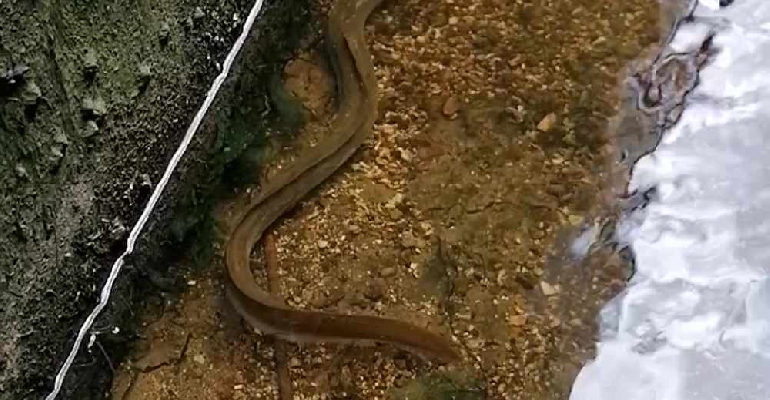
Wightlink’s oyster nurseries are already proving a haven for rare marine wildlife.
Experts from the Blue Marine Foundation (BLUE) found a critically endangered European eel (Anguilla anguilla) at Wightlink’s Lymington ferry port while inspecting the site.
Nurseries containing hundreds of oysters have been placed in the Lymington River as part of BLUE’s initiative to re-introduce the shellfish to the Solent and eventually re-establish self-sustaining populations. These mature ‘broodstock’ oysters will release millions of larvae into the water.
“This is great news,” says Wightlink’s Chief Executive Keith Greenfield. “These oysters are already improving water quality by removing pollutants, just one of them can filter up to 200 litres of water a day. We are delighted to hear this endangered eel has already been spotted and hope our nursery will continue to be a refuge for rare species.”
European eels begin life as eggs at the bottom of the Sargasso Sea in the North Atlantic, then spend a year or two migrating with the ocean current 4,000 miles to Europe, where they seek out freshwater habitats. When mature, the eels return to their birthplace to spawn. Historically, they were caught in the River Thames and enjoyed in eel pies and as jellied eels but their numbers have declined in recent years. This could be due to over fishing, coastal development or pesticides.
Dr Luke Helmer from BLUE says: “This was an exciting discovery and adds to our knowledge of the eel population in our estuaries. We have also found them in the River Itchen and Chichester Harbour, which could mean that these areas are important migratory routes or that the eels reside here for longer periods. We need to know more about this intriguing species and are keen to carry out research into the eel’s complex lifecycle.”

 Top Tips: Keep Your Pets Safe this Bonfire Night
Top Tips: Keep Your Pets Safe this Bonfire Night
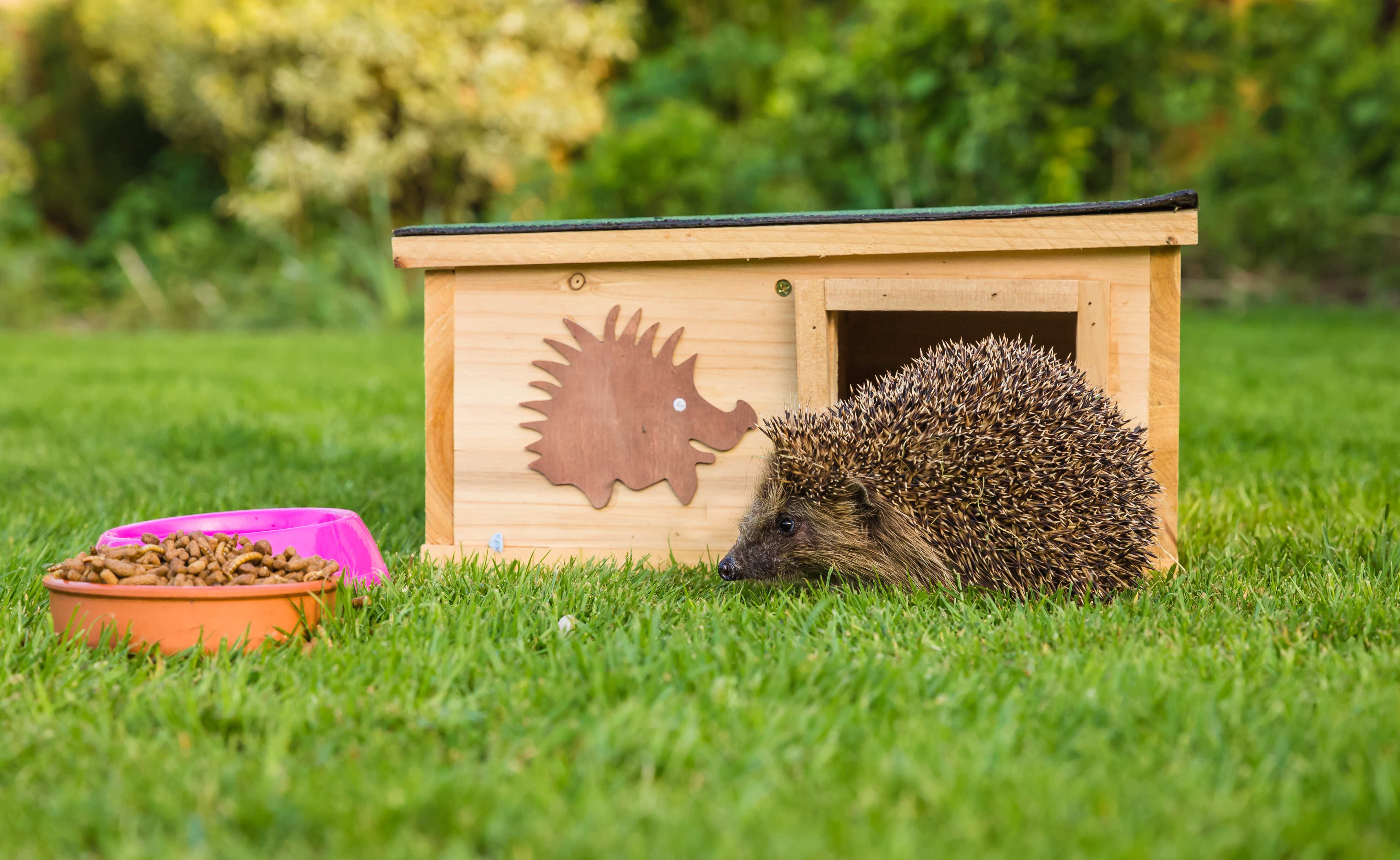 Ten Ways to Help Hedgehogs
Ten Ways to Help Hedgehogs
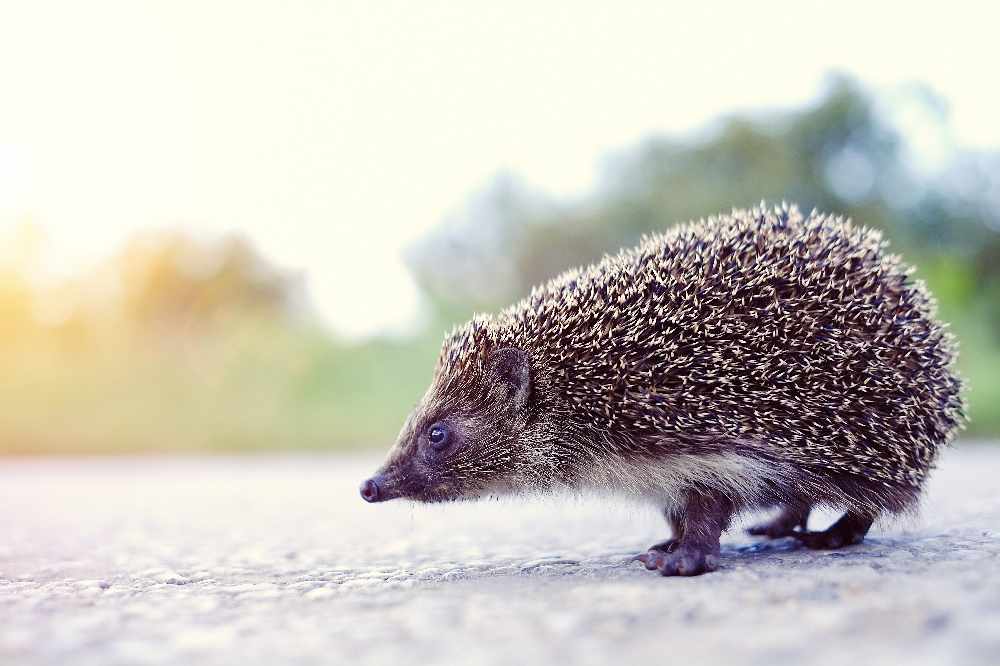 Hedgehogs on roads: new review assesses problems and solutions
Hedgehogs on roads: new review assesses problems and solutions
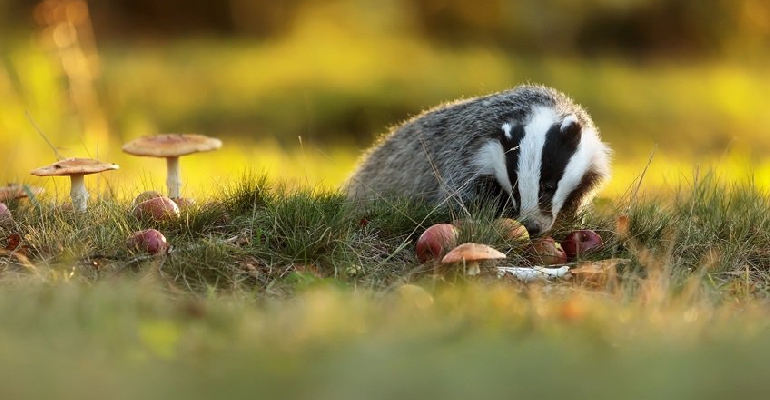 Wildlife charity launches Living with Mammals survey this autumn
Wildlife charity launches Living with Mammals survey this autumn
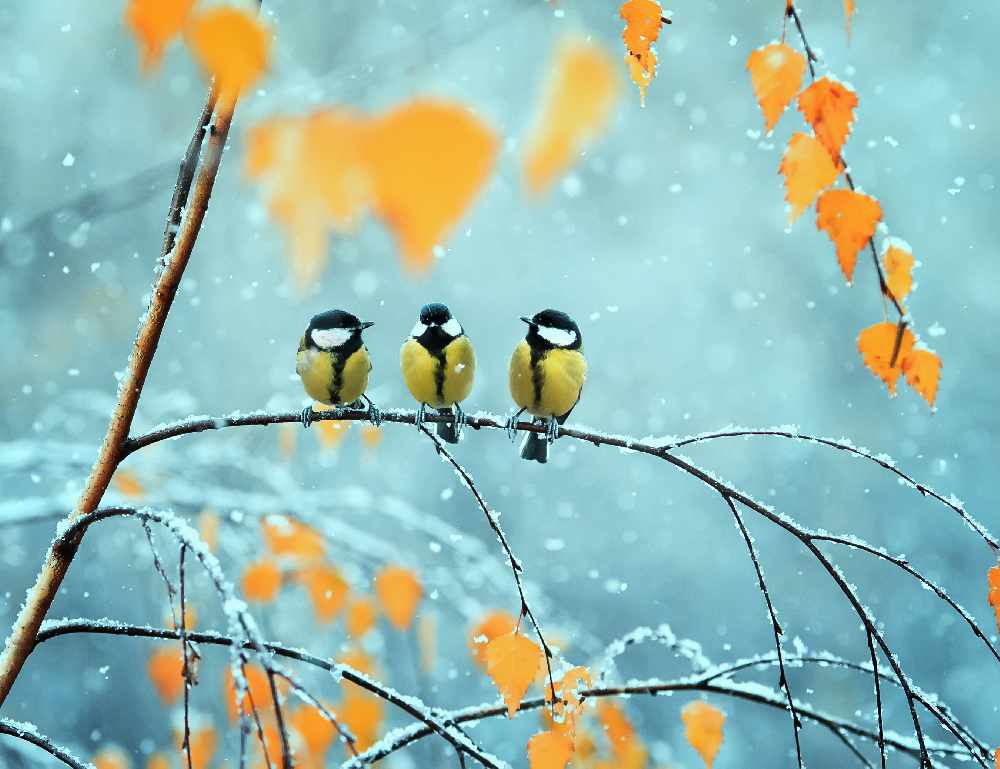 The RSPB Big Garden Birdwatch 2021
The RSPB Big Garden Birdwatch 2021
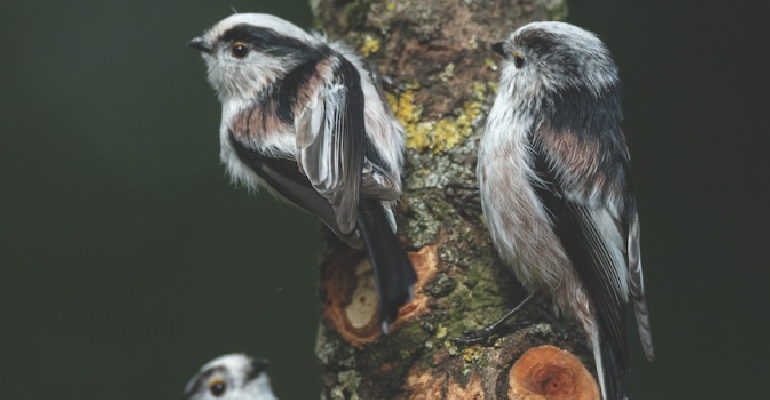 Natural Living: A Flock of Long-Tailed Tits
Natural Living: A Flock of Long-Tailed Tits
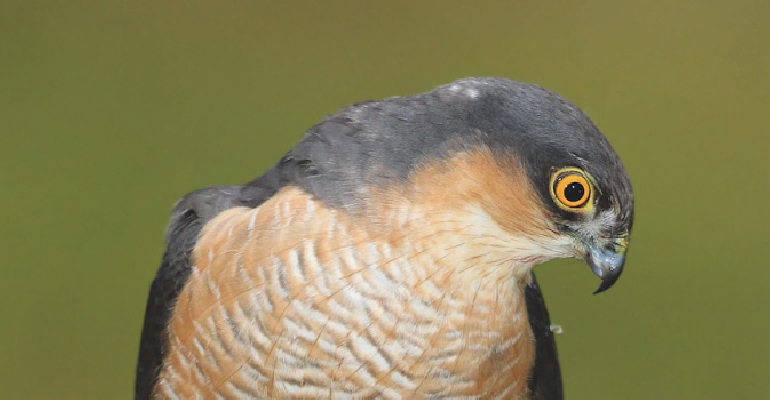 Natural Living: The Sparrowhawk on the Isle of Wight
Natural Living: The Sparrowhawk on the Isle of Wight